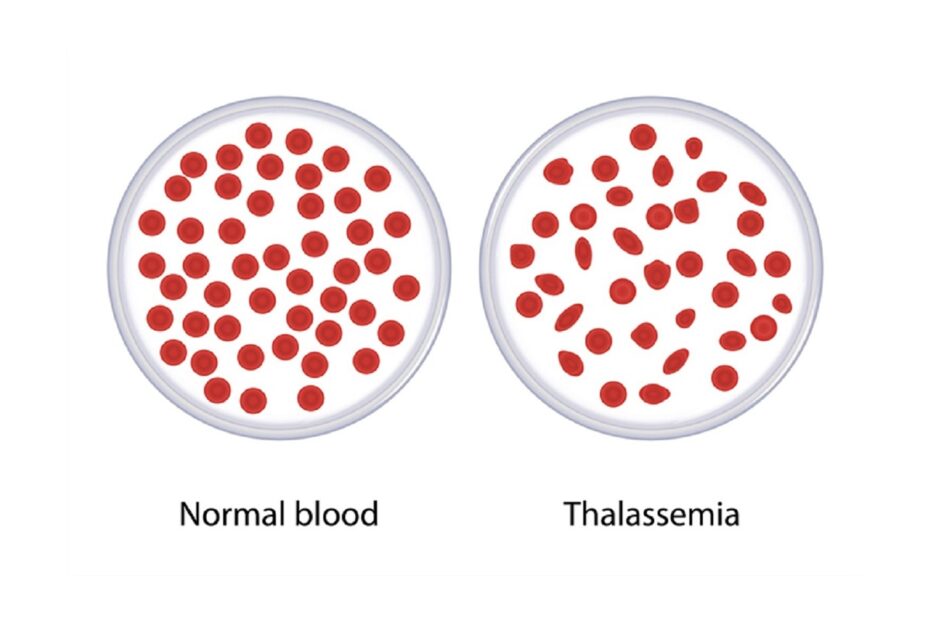BY NAWAL FATIMA
MSc PHYSIOLOGY, UNIVERSITY OF KARACHI
In Pakistan, thalassemia is one of the most frequent hereditary disorders. The age group between 5 and 10 years old is the most usually affected, according to the distribution of patient numbers. The number of incidents falls after 15 years.
WHAT IS THALASSEMIA?
Thalassemia is a clinically complex condition caused by several genetic defects that impair globin chain synthesis in different manner. Thalassemia is divided into two types: alpha and beta. Individuals with alpha Thalassemia create insufficient alpha chains, resulting in excess beta globulin chains; those with beta thalassemia make insufficient beta globulin chains, resulting in excess alpha chains.
WHAT ARE THE SIGNS AND SYMPTOMS OF THALASSEMIA?
Pale skin, delayed growth and puberty, anaemia, an enlarged spleen, and an increased susceptibility to infections are all frequent indications and symptoms of Thalassemia illnesses.
WHAT IS THE MAJOR CAUSE OF THALASSEMIA?
The most common cause of thalassemia in offspring is a marriage between two relatives. If possible partners are not tested for the illness before marriage, this can be harmful.
IS THERE ANY THING THAT CAN BE DONE IN PAKISTAN TO PREVENT THALASSEMIA?
Regardless of the fact that Thalassemia is incurable due to its hereditary nature, there are several techniques to avoid, if not cure, the condition. Prenatal diagnosis is one of them.
SOCIETAL AWARENESS:
- Pre-marriage Thalassemia blood testing must be encouraged in society.
- This screening technique can spare future kids a lot of heartache and sorrow.
- Testing allows for the reduction of the disorder’s possibilities by prohibiting the marriage of persons whose progeny are very likely to suffer from Thalassemia.
COUSIN MARRIAGES:
- The illness is spreading in countries where near family marriage is common.
- Cousin or close-kin marriages enhance the risks of acquiring Thalassemia because couples with similar genetic makeup are more likely to deliver a kid with Thalassemia. Because this is a regular practise in Pakistan, there are many cases of Thalassemia in the country.
- Cousin marriages are associated with a high prevalence of Thalassemia.
- Patients’ awareness was poor, but this may be addressed by educating the general public, parents, and patients’ relatives in this respect. The only thing we can do as members of Pakistani society and citizens of the globe is to support screening before marriage, whether it is between relatives or not, in order to avoid our future generations from suffering from this terrible disease.
